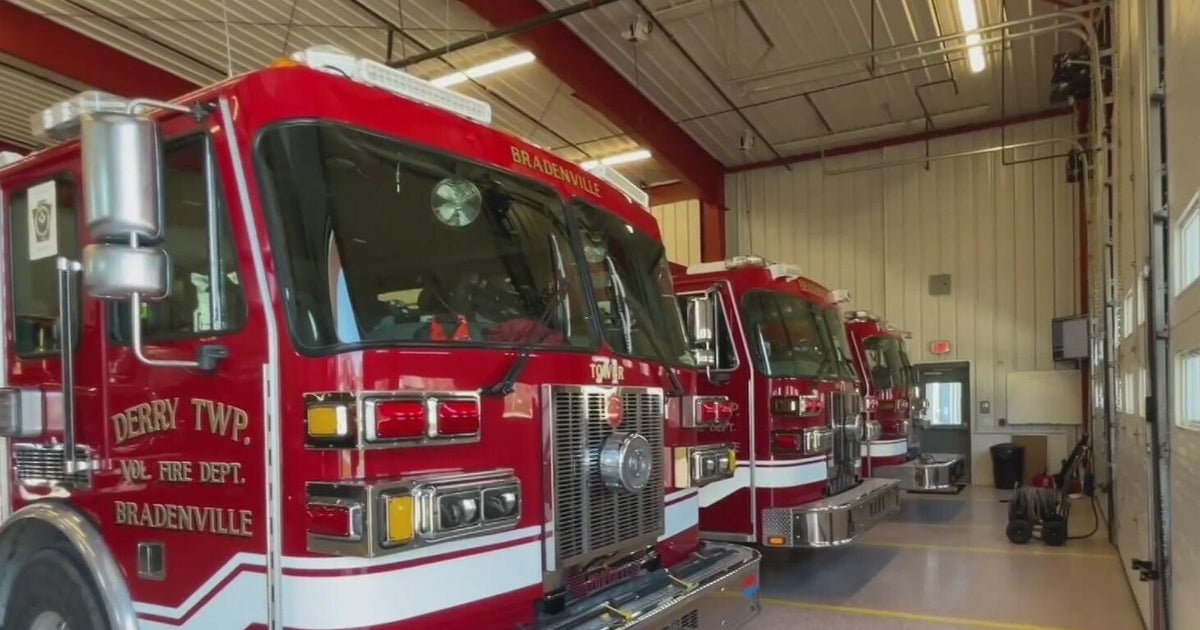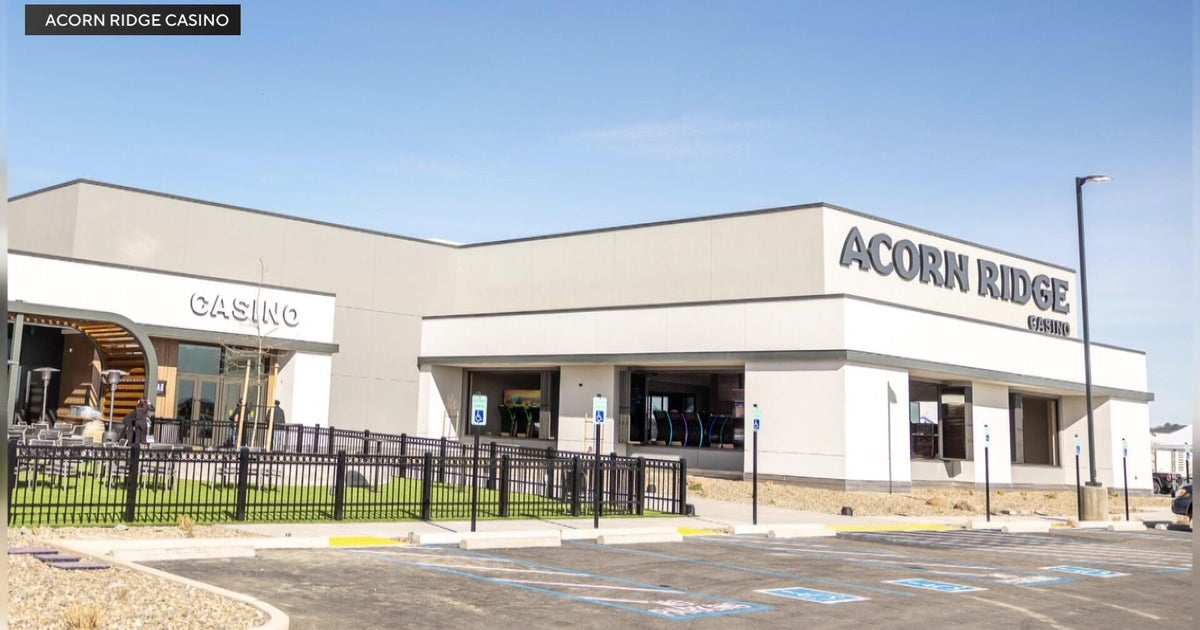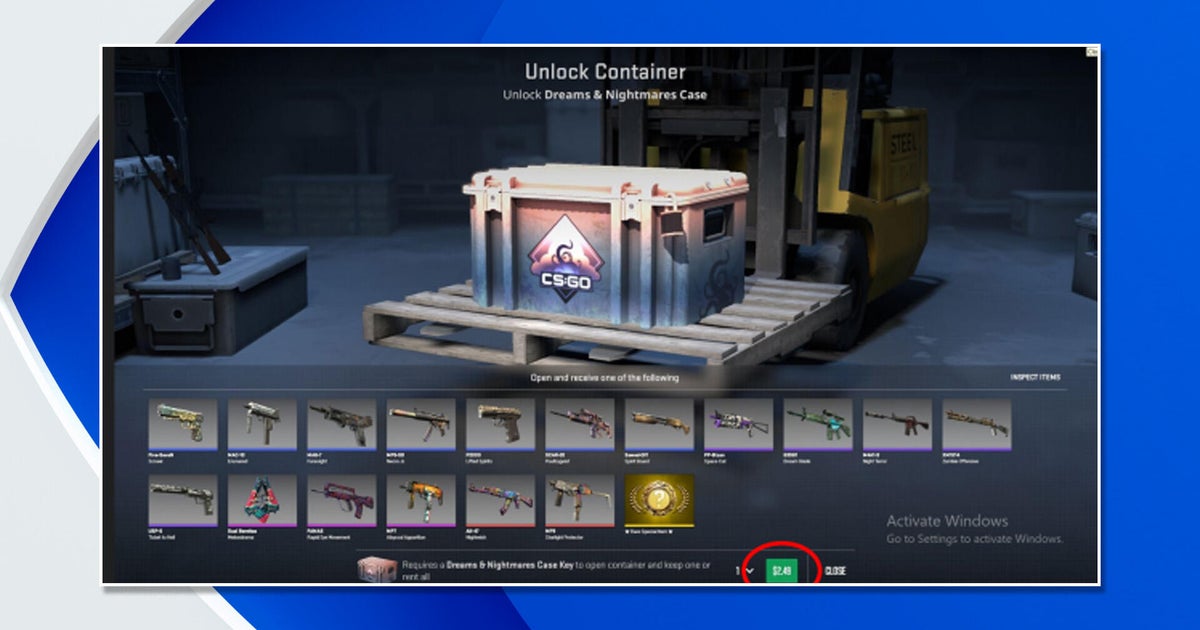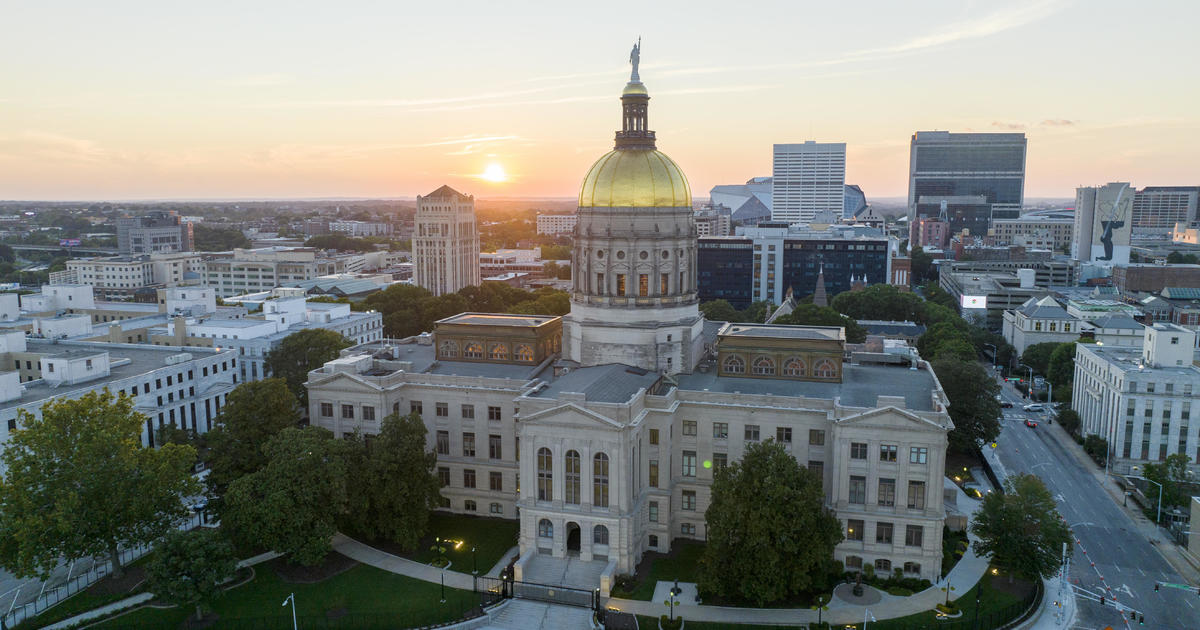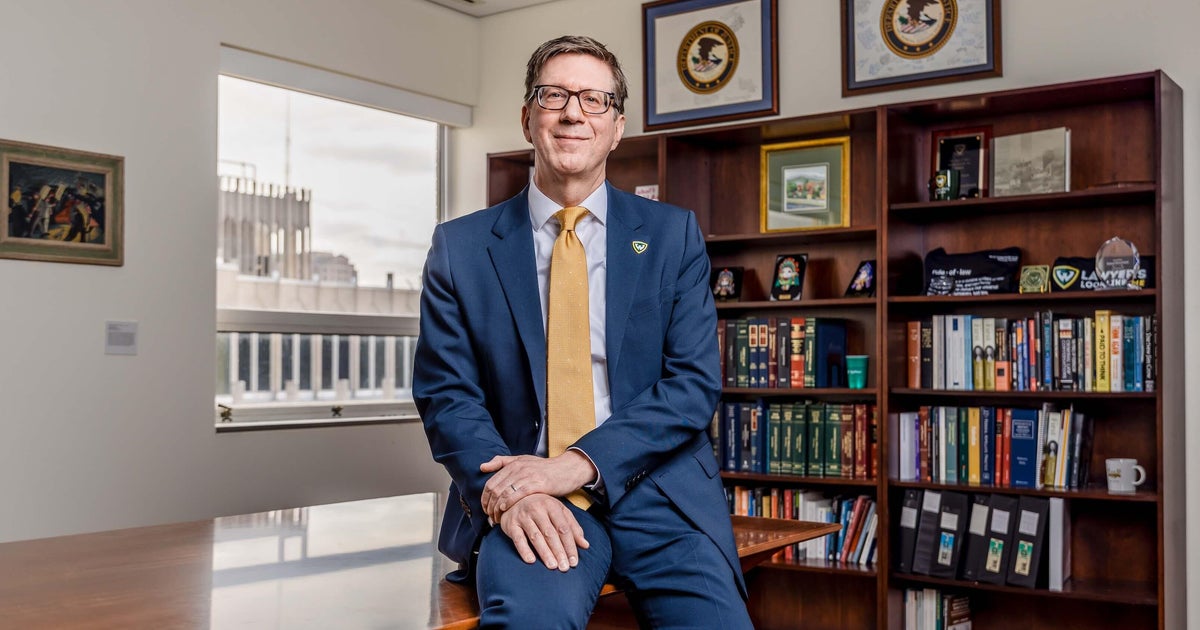State Cashing In On Seminole Gambling Money
TALLAHASSEE (CBSMiami/NSF) -- With the expiration of a gambling deal with the Seminole Indians on the horizon, the tribe for the first time has raked in so much money that it sent an extra $4.3 million to the state.
The 2010 deal, known as a compact, guarantees the tribe will make minimum annual payments, totaling $1 billion over five years, to the state. Revenues were high enough during the fiscal year that ended June 30 to trigger the additional payments.
But the annual payments will be cut nearly in half when the compact sunsets in less than two years unless lawmakers and the governor reauthorize it, according to projections by state economists who met on Tuesday.
The latest revenue estimates came a day before the Senate Gaming Committee was set to hold its first on-the-road meeting in Coconut Creek, part of the Legislature's scrutiny of potential changes to the state's gambling scene ranging from casino resorts to the addition of slot machines at pari-mutuels outside of Broward and Miami-Dade counties.
Under the current deal with the Seminoles, the tribe makes the payments to the state in exchange for having the exclusive right to offer banked table games, such as blackjack, along with a monopoly on all slot locations outside of Broward and Miami-Dade counties. The Seminoles agreed to pay a minimum of $150 million in each of the first two years, $233 million in the third and fourth years and $234 million in 2015.
But as part of a complicated revenue sharing agreement, the tribe has to pay additional money if revenues exceed certain thresholds. The tribe's nearly $1.98 million net win in the year ending on June 30 prompted the additional $4.3 million payment, a portion of which goes to local governments.
Next year, the extra money is expected to more than triple, bringing the Seminole's total payment to nearly $248 million, with another $20 million on top of that in the following year.
The compact requires the Seminoles to pay 12 percent on up to $2 billion in earnings from slot machines and table games, including blackjack. The payments are part of a revenue sharing agreement because, as a sovereign nation, the Seminoles cannot be forced to pay taxes.
The Seminoles also must pay a higher return to the state as their earnings increase, beginning with 15 percent on net revenue between $2 billion and $3 billion and up to 25 percent of a net win over $4.5 billion. The Seminoles' net win is expected to exceed $2 billion next year and continue to grow, according to the revenue estimators.
At the same time tribal revenues are growing, slot machine revenue --- about $142.2 million this year --- from the pari-mutuels in Miami-Dade and Broward counties is also projected to climb at a rate of about 2 percent per year once Hialeah Park Casino, which began running slots in August, and Dania Jai Alai are fully operational.
And the introduction of slots at Hialeah did not result in an anticipated "cannibalization" effect at nearby racinos, the economists found. That could mean that more Floridians are placing their bets on slots at the eight pari-mutuels in South Florida.
"They've attracted some additional people to gambling than what we thought they would have. We thought there would be more shuffling and in fact they attracted a few more people," state economist Amy Baker said.
The all-around growth is an indicator that the gambling market in South Florida is thriving but could be even more lucrative for the state if lawmakers restrict any expansion to South Florida and reject the idea of destination resorts, said Dan Adkins, CEO of Hartman & Tyner, which owns Mardi Gras Gaming in Hallandale Beach. Allowing slots outside Miami-Dade and Broward or any new facilities with slot machines --- such as destination resorts --- in those two counties would invalidate the Seminole compact.
Adkins and other racino operators want their 35 percent sales tax on slot machines lowered and are angling for banked table games to better compete with the nearby Seminole Hard Rock Hollywood.
Slot machines anywhere but the existing pari-mutuels in Broward and Miami-Dade counties or on other tribal lands would invalidate the compact and lose the state big bucks. But giving the Broward and Miami-Dade racinos blackjack or other banked table games would only cost the state a portion of the revenues the Seminoles pay on their Broward operations, and only if their net win in Hollywood drops as a result.
Even with the additional games in South Florida, the state could negotiate higher payments with the Seminoles to keep its Tampa casino, one of the most profitable gambling operations in the world, safe from slots competition.
"(Lawmakers) could take advantage of positive growth by putting just these facilities on a level playing field. Don't create any new facilities in Broward and Miami-Dade, but add more product at the existing facilities," Adkins said. "You're not having a geographic expansion of gaming, you're just getting more bang for your buck."
Sen. Bill Galvano, R-Bradenton, helped craft the 2010 compact with the Seminoles when he was in the state House. He said the deal was crafted to give the state "leverage" to quickly cash in on the tribe's success.
"The whole idea of the five-year card authorization was so that there was an incentive to come back and revisit that issue with the Seminole tribe and to create leverage with the tribe so there is an opportunity to negotiate additional terms or modify existing terms," he said.
Senate Gaming Committee Chairman Garrett Richter is playing his cards close to the vest. Like other lawmakers, he's awaiting a final report from Spectrum Gaming Group, a consulting firm, on the economic impacts of a variety of gambling scenarios. The final two portions of the report were due Oct. 1, but Spectrum asked for another month to complete the analysis after Baker and others questioned some of the economic modeling.
Lowering the tax rate on slot machines could spur the pari-mutuels to spend more money on their facilities, Richter said.
"What I'd like to see is the investment and the increase of capital investment in Florida. There's a lot of moving parts here," he said.
Tuesday's revenue projections show that Florida's economy is on the upswing in general, perhaps "camouflaging" the cannibalization effect of more slots in Miami-Dade County, he said.
"These numbers are changing all the time," Richter, R-Naples, said of the revenue estimates. "At some point, as we consider a direction that we're going, we'll have to do an evaluation of what all the numbers are. As we go forward, we'll have to consider all of a lot of different scenarios as we discuss the landscape of what gaming in the state of Florida is going to look like."
Richter would not say whether he supports the addition of banked table games at the South Florida pari-mutuels, but Galvano said the deal with the Seminoles was drawn with the expectation that the racinos might eventually get them.
"I didn't want an expansion that would add a card table where they're already pulling the handle on Las Vegas slots to end a payment. That's why it was a South Florida- based formula," he said.
State economists also discussed another twist in the compact, apparently discovered by lawyers for Spectrum Gaming Group, which the Legislature paid $400,000 for the study of different gambling scenarios.
Although the deal with the Seminoles regarding banked table games expires on August 1, 2015, the compact gives the Seminoles 90 days to do away with the card games and doesn't give the state authorization to do anything about shutting them down until that time has expired, which means the tribe may have an additional three months to run the games.
"The News Service of Florida contributed to this report."
